U.S. Department of “War”: USA COULD ATTACK VENEZUELA?
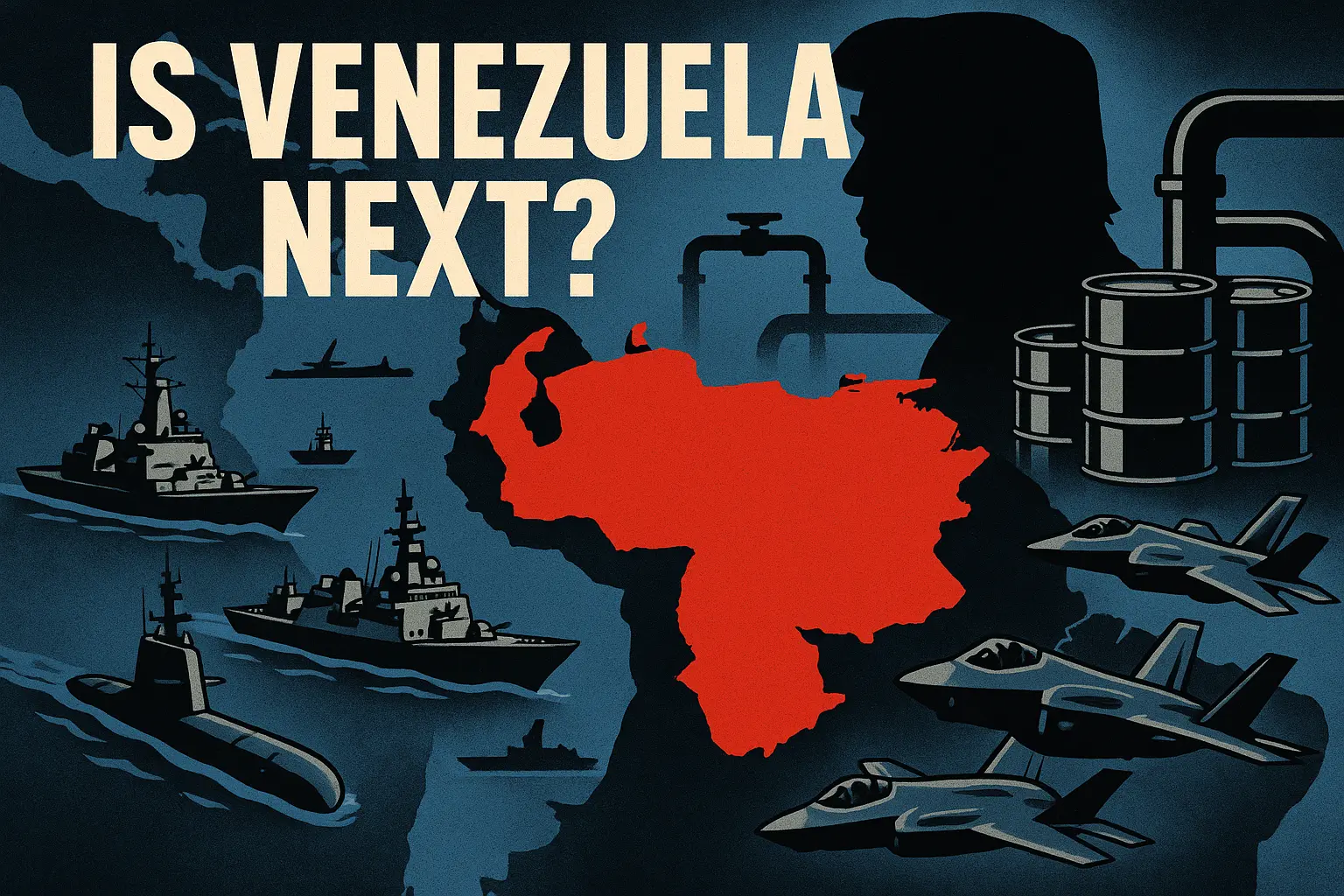
The world is once again holding its breath. With tensions rising in South America, Donald Trump is reportedly considering U.S. military strikes inside Venezuela. CNN and other outlets suggest the U.S. Air Force could soon target cartels there — similar to its operations against Iran. But beneath the surface, this is not just about drugs. It’s about oil, global alliances, and America’s new identity as the “Department of War.” For Venezuela, a nation rich in oil but weak in defence, this moment could decide its future.
Trump’s Aggressive Shift: From Defence to War
In a stunning move, the U.S. has rebranded its Defence Department as the Department of War. The messaging is bold and unapologetic: America is not just defending itself; it is ready to fight its adversaries head-on. Videos released by Washington openly brag about winning World Wars I and II, signalling a return to raw power politics. This new tone raises questions: Is Venezuela simply the first target in a longer campaign?
Why Venezuela Matters So Much
Venezuela is home to the world’s largest oil reserves. Despite its relatively small population, its energy wealth makes it a global prize. President Nicolás Maduro remains close to China and Russia, two nations the U.S. wants to contain. For Trump, targeting Venezuela means hitting two rivals indirectly while gaining control of vital oil flows. This isn’t just geopolitics — it’s geoeconomics.
Signs of a Planned Military Strike
U.S. warships, submarines, F-35 jets, and missile destroyers are now positioned near Venezuela. Officially, Washington claims this is part of anti-drug operations. But no one deploys submarines and guided-missile destroyers just to fight cartels. The pattern resembles classic pre-invasion preparation. Trump has even warned that Venezuela’s outdated F-16s could be shot down, making escalation seem imminent.
Can Venezuela Defend Itself?
The reality is harsh: Venezuela’s military cannot match U.S. firepower. Long-range missile strikes, drones, and naval power would overwhelm it quickly. While Russian advisors are present, they are too few to make a difference. China, though a close ally, is unlikely to intervene militarily at such a distance. Just like Iran in past crises, Venezuela may find itself isolated.
The Bigger Picture: BRICS, Oil, and Latin America
A Brazilian MP recently warned that an attack on Venezuela would be an attack on South America itself. Some voices within BRICS are calling for collective defence. Yet in practice, geography and political caution make real intervention unlikely. For the U.S., however, a strike could sour relations with Latin America for decades, sparking boycotts and resentment against American brands.
Should India Take a Stand?
India once imported Venezuelan oil but has largely moved away. Today, New Delhi has little at stake directly. Still, the bigger question is whether India should voice concern as a rising global player. Staying silent may seem safe, but silence also signals acceptance of unilateral wars. For a country building its identity as a balancing power, even a carefully worded diplomatic statement could matter.
Conclusion
Venezuela may soon become the stage for Trump’s boldest gamble yet. With oil, global rivalries, and U.S. military might all in play, the risk of escalation is high. For Venezuela, survival depends not just on its weak defences but on whether the world chooses to speak up. For the rest of us, the lesson is clear: global politics is shifting fast, and ignoring these moves could leave nations unprepared.
Should India stay silent, or should it take a diplomatic stand on Venezuela? Share your thoughts in the comments.
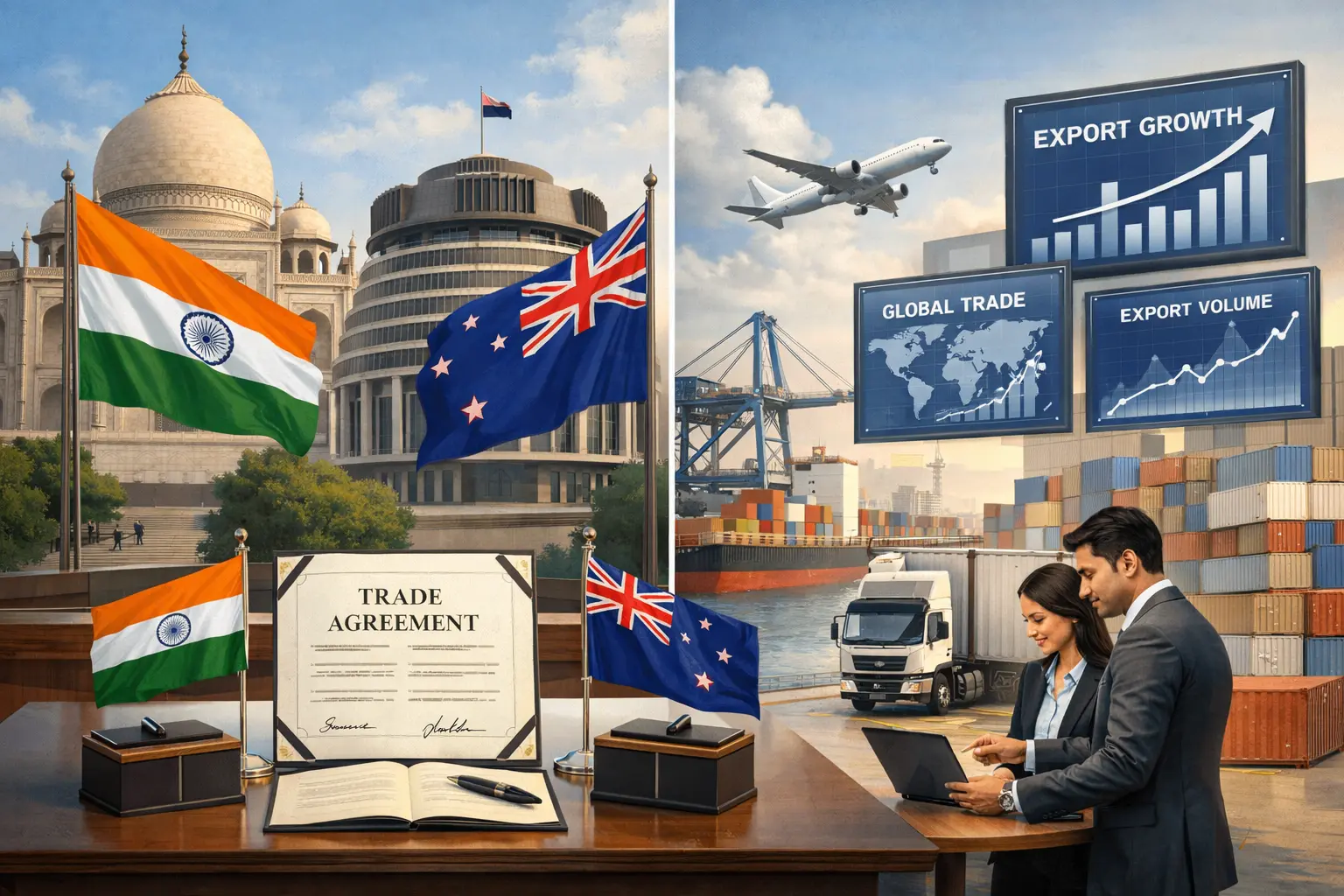
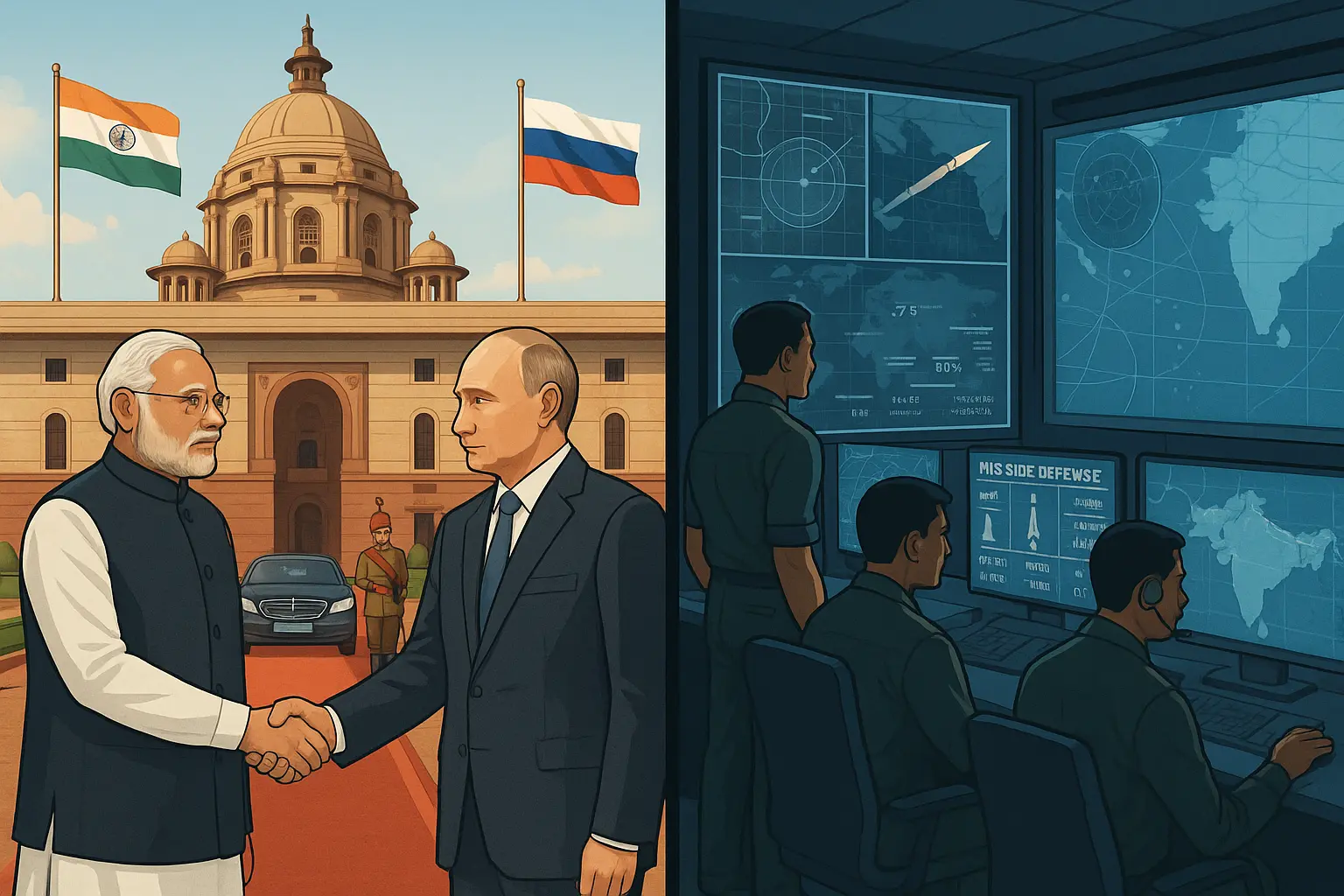
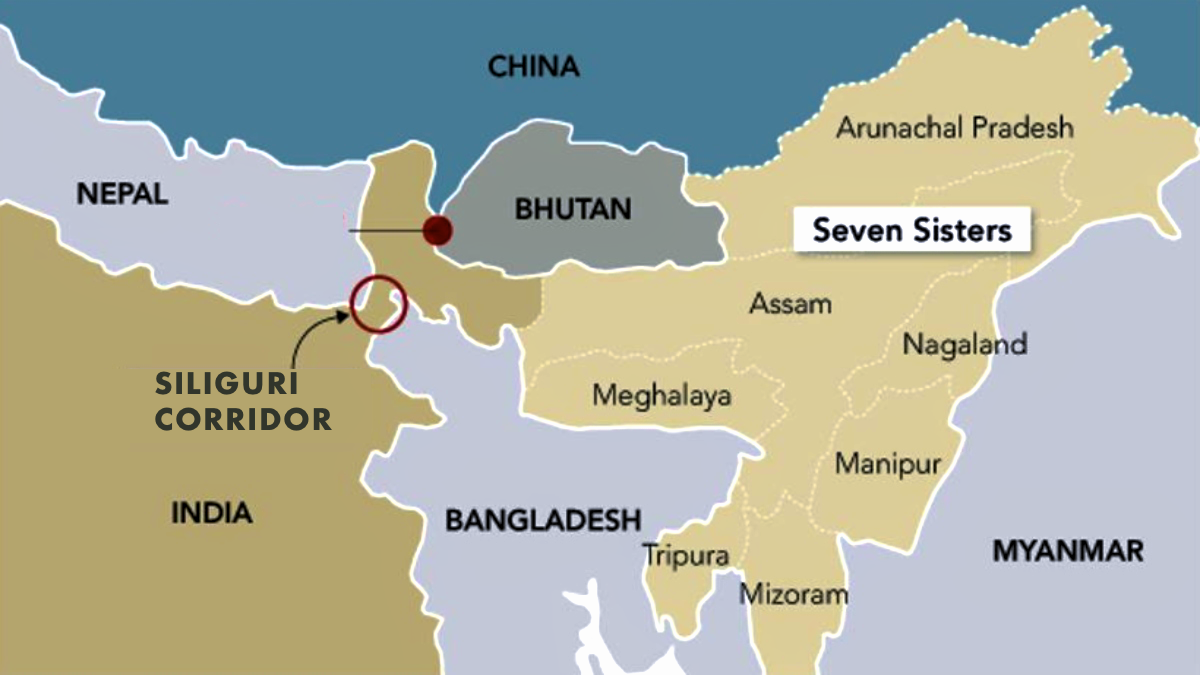
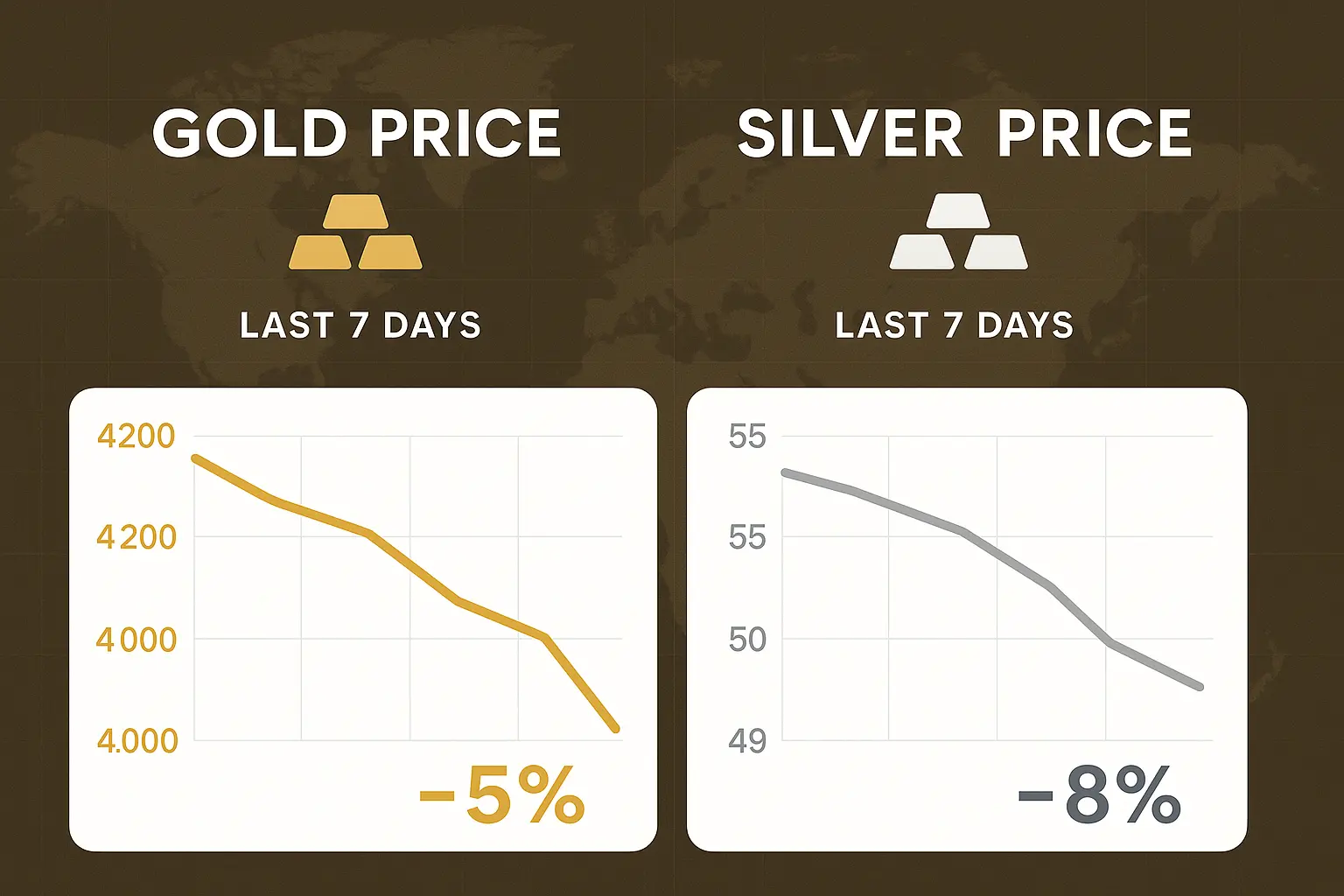

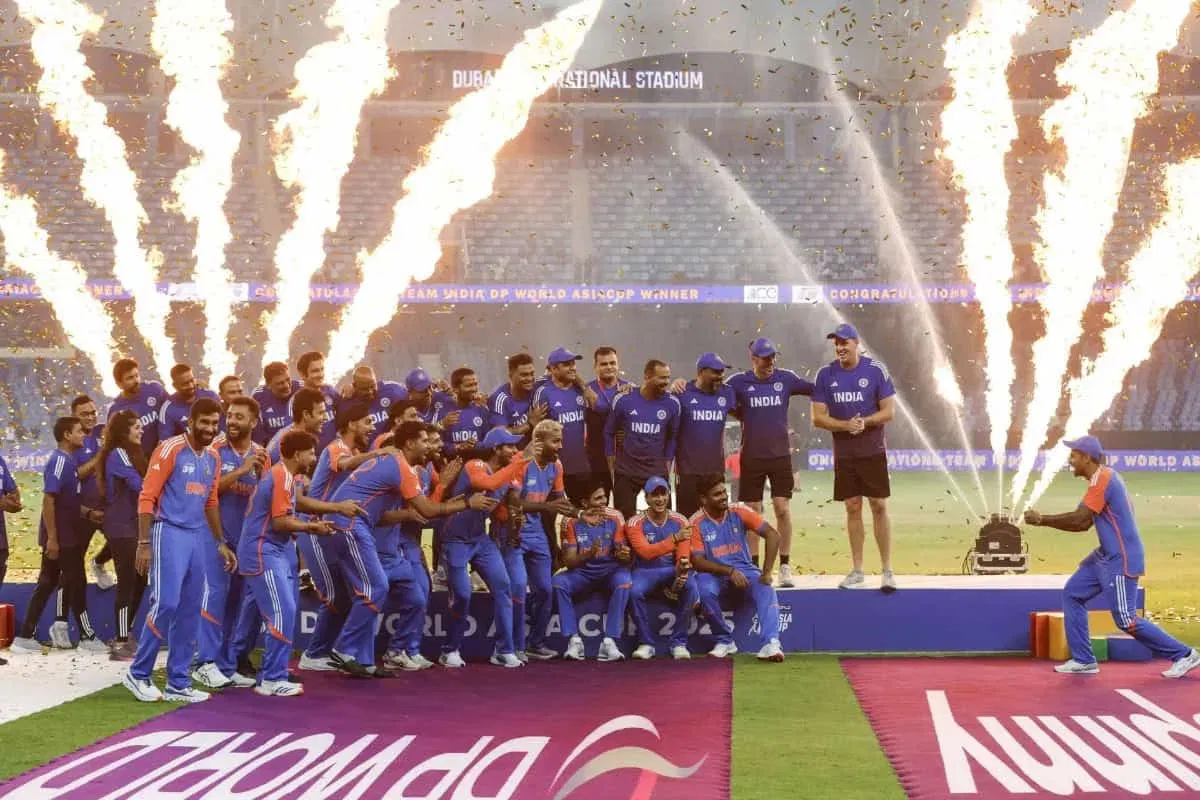
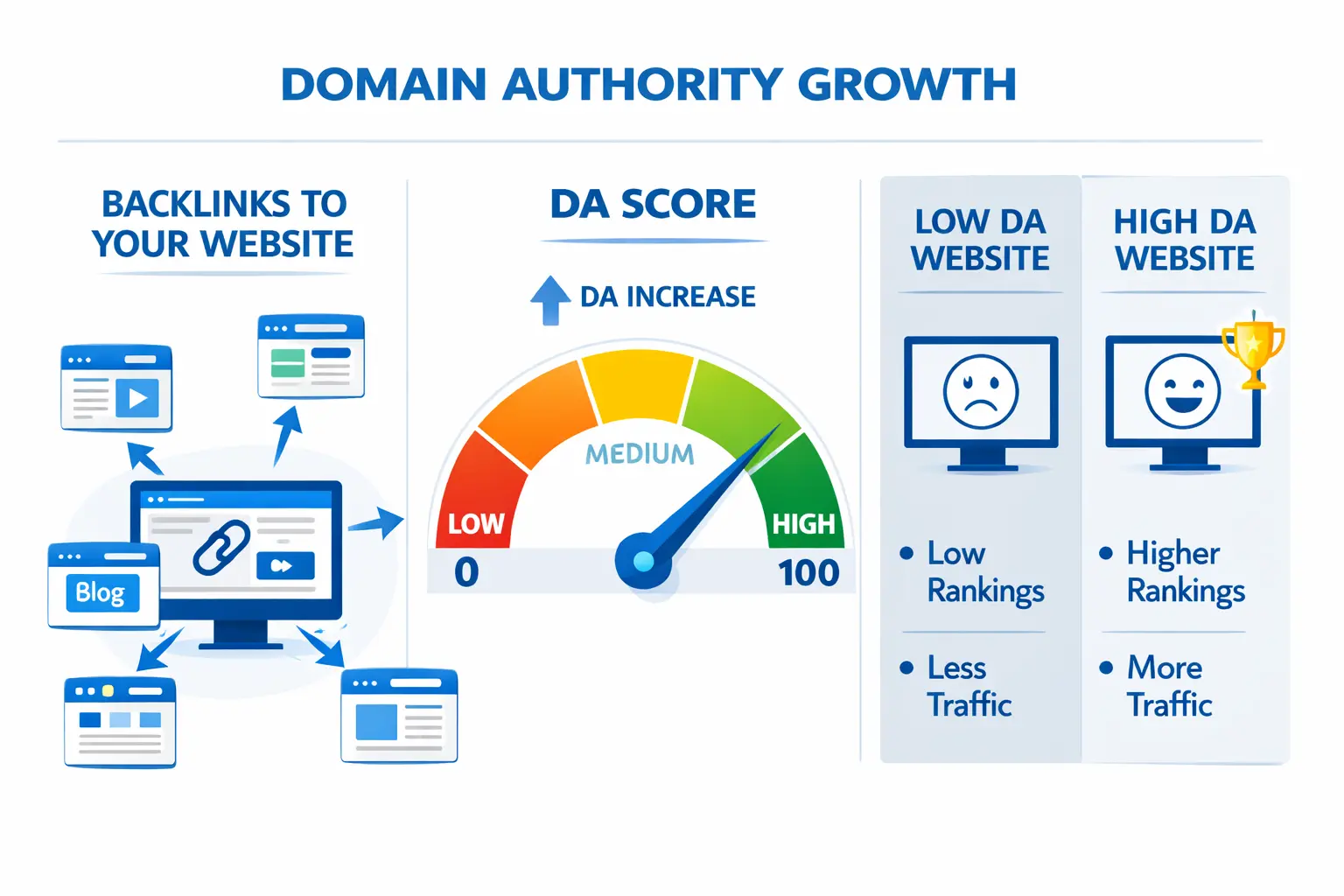
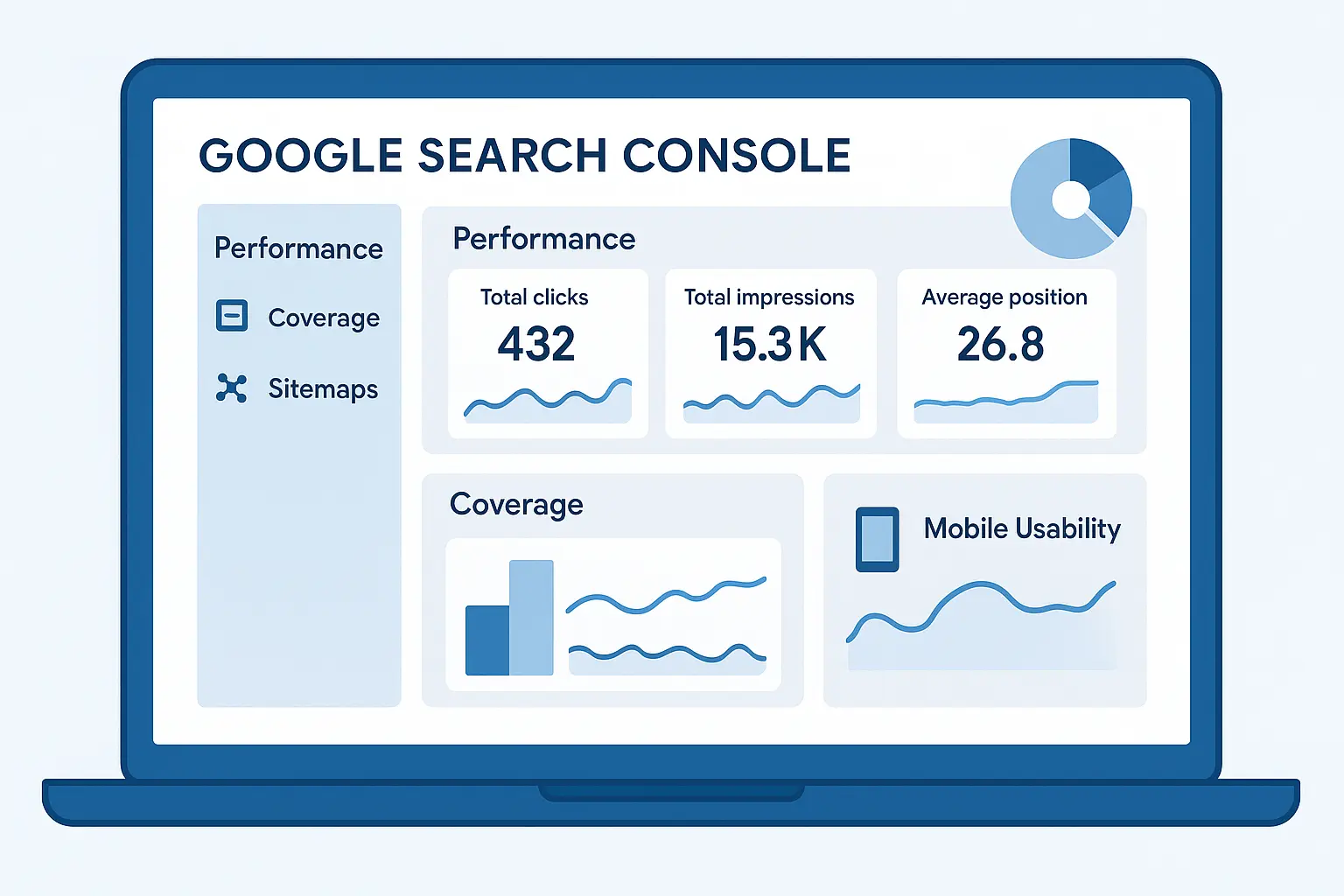

No comments yet. Be the first to comment!